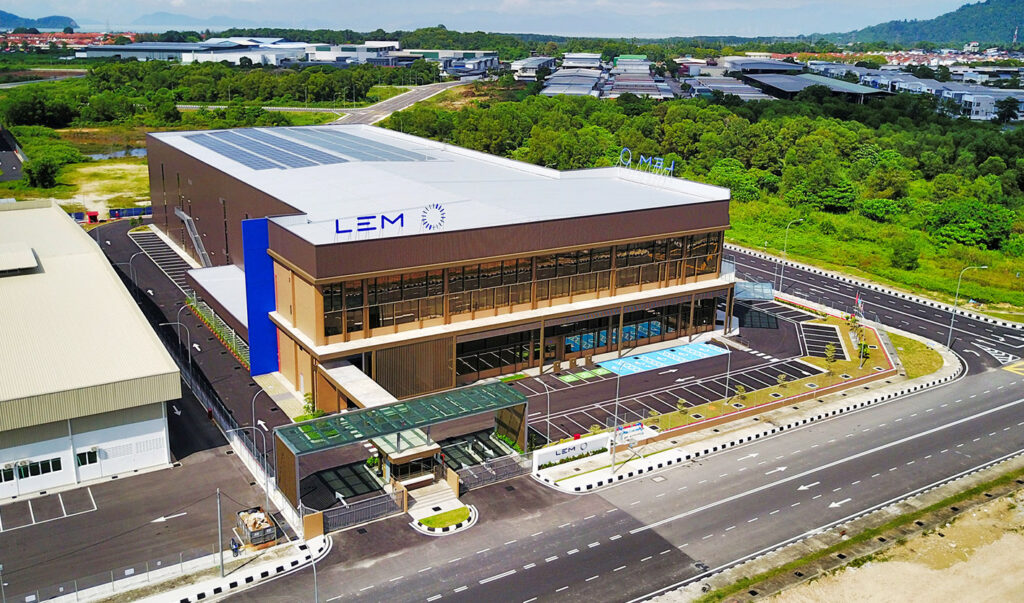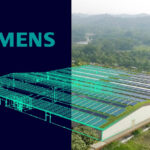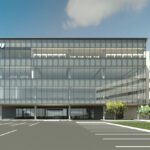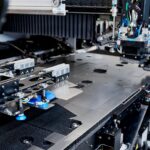ASIA ELECTRONICS INDUSTRYYOUR WINDOW TO SMART MANUFACTURING
LEM Opens New High Tech Plant in Malaysia
Current sensor manufacturer LEM International SA has opened a new factory in Penang, Malaysia. Accordingly, the new factory reflects increasing global demand for the company’s core products, current and voltage sensors.
Moreover, the need for decarbonization in mobility, industry, and energy production has led to an increased need for LEM’s products across all sectors. Specifically, in the field of automation, automotive, traction, and renewable energy.
LEM chose to make such a substantial investment in the state of Penang in recognition of the region’s expertise in semiconductor production.

High Tech Production Lines
From around 70 employees in April 2024, LEM expects to increase its to more than 200 people by March 2025. Eventually, the company expects to have more than 500. Specifically, with sales from the factory expected to reach over €200 million. The new 11,800sq.m factory features a state-of-the-art logistic system including automatic guided vehicles (AGVs) on the shop floor. These transport components from the warehouse to the high-tech production lines.
LEM Malaysia is also the pilot for the roll-out of our new ERP system and will produce a substantial part of its energy through solar panels.
Chow Kon Yeow, the Chief Minister of Penang expressed elation over LEM’s new investment in the region. Moreover, Yeow noted the region’s supply chain resilience and a well-developed ecosystem.
On the other hand, Sikh Shamsul Ibrahim Sikh Abdul Majid, Chief Executive Officer of MIDA, welcomed LEM’s integration of advanced manufacturing technologies and sustainable initiatives in their new factory in Penang. He states, “Celebrating LEM’s cutting-edge factory inauguration in Malaysia is a testament to our nation’s allure as the preferred investment destination.”
In addition, Majid also said, “This milestone not only propels Malaysia towards a more environmentally conscious future but also fosters collaborations, economic prosperity, and sustainable development. LEM’s initiative reflects Malaysia’s commitment to economic advancement, job creation, and ESG practices. Thus, aligning seamlessly with the New Industrial Master Plan 2023 and the National Energy Policy 2022-2040, as well as the MADANI Economy framework.”
“Furthermore, we aspire to create conditions that make Malaysia an attractive place for businesses to invest and expand. Therefore, reinforcing our commitment to fostering such transformative collaborations,” Majid added.
Vital Investments
According to LEM CEO Frank Rehfeld, the company must continue to invest in state-of-the-art facilities. Specifically, where it can manufacture world-leading products for a range of rapidly developing markets.
He says: “We are always looking to find solutions that will secure our operations while diversifying our global footprint. The new Penang factory is the latest venture in this quest. It is essential in uncertain times that LEM looks to increase its resilience and serve our customers better. We will achieve this by investing in advanced production facilities and personnel capable of manufacturing the best products.”
Andreas Hürlimann, LEM chairman of the Board of Directors, added, “I’m very optimistic that having a state-of-the-art facility in this region with the ability to test our own semiconductors. (This) will be a major boost for our integrated current sensing business.”
Furthermore, Hürlimann said they have commissioned the new factory to comply with the Green Building Index (GBI). GBI is Malaysia’s industry-recognized green rating tool for buildings.
The new factory integrates a 300kW solar energy systems and another 400kW scheduled for 2026. Moreover, the building also uses rainwater harvesting and building automation to optimize energy consumption. This new factory is proof of LEM’s commitment to its CO2 roadmap which is part of a long-term vision to help customers and society in general transition towards a more sustainable future.”
-22 April 2024-




